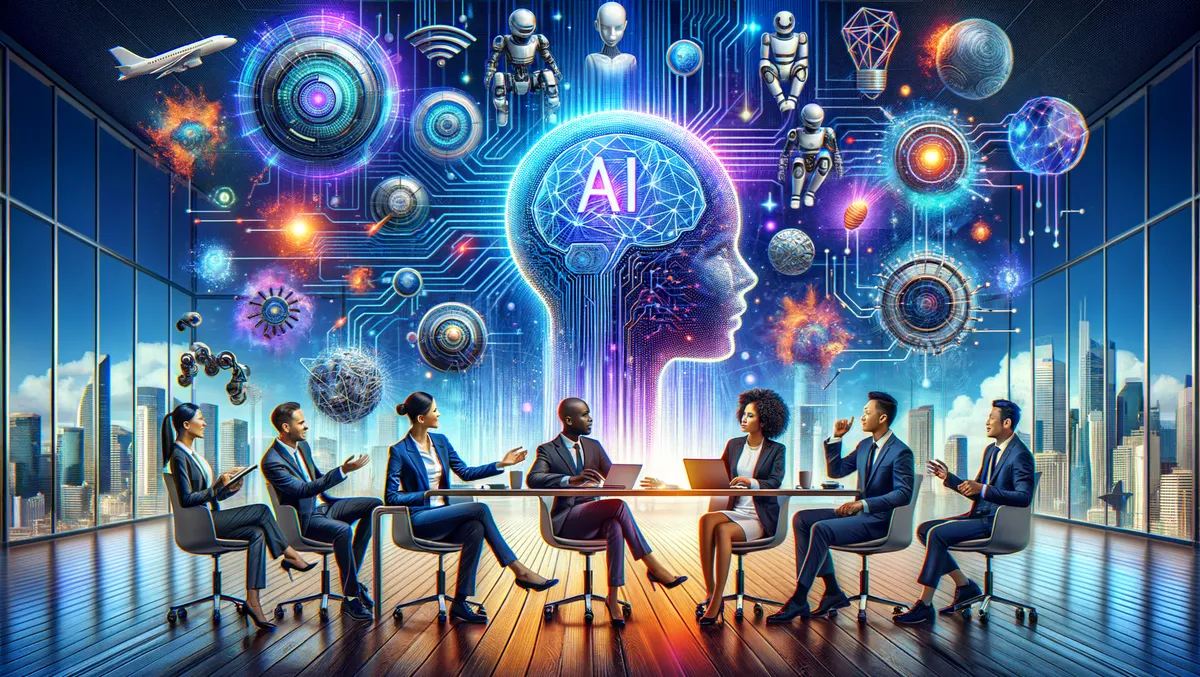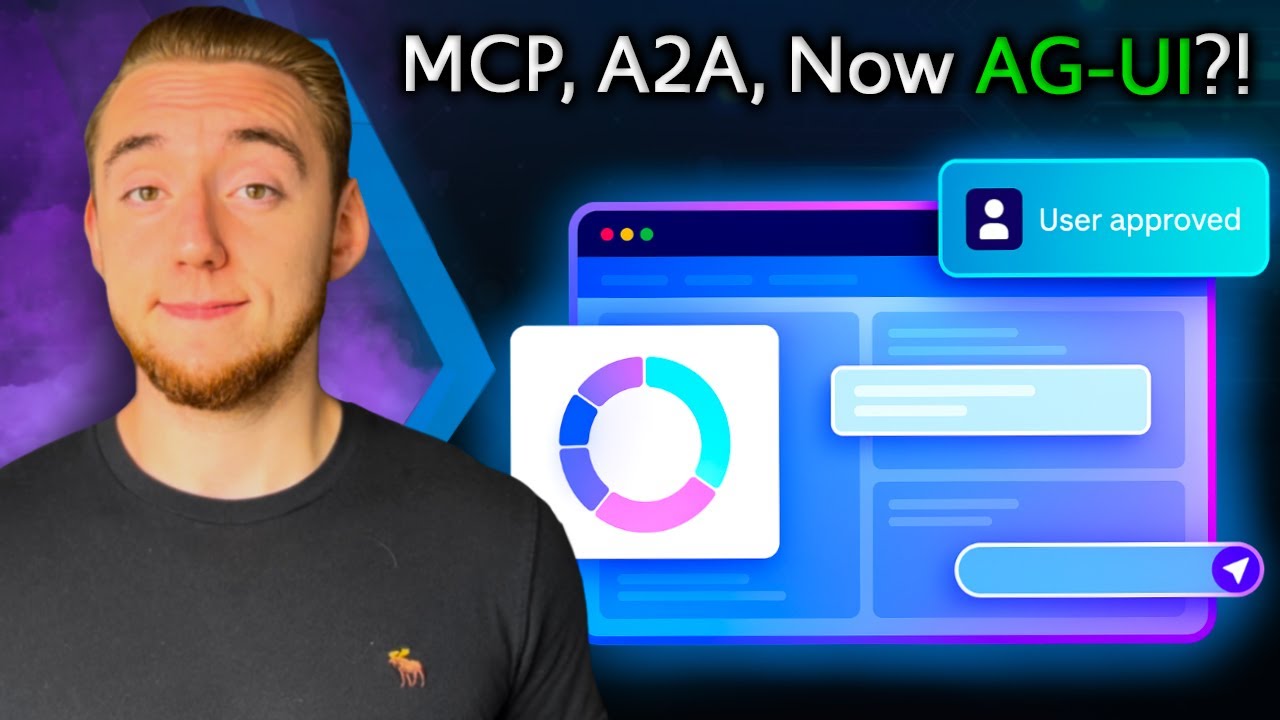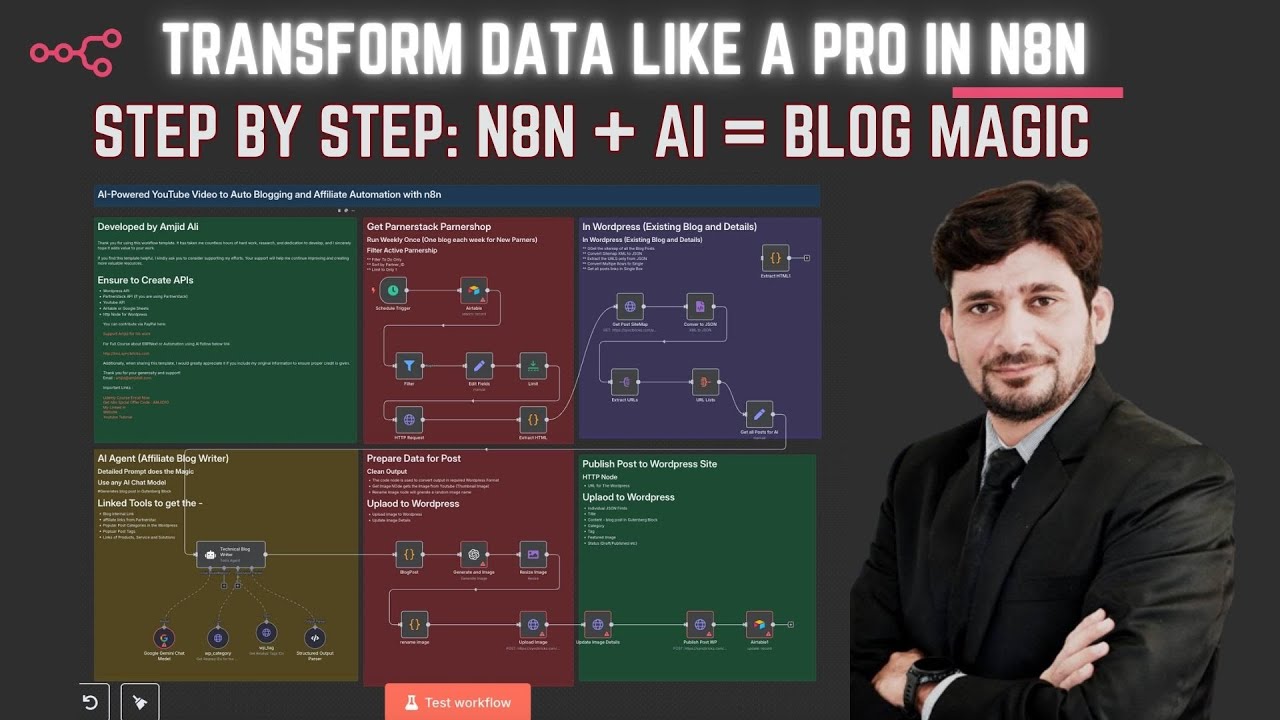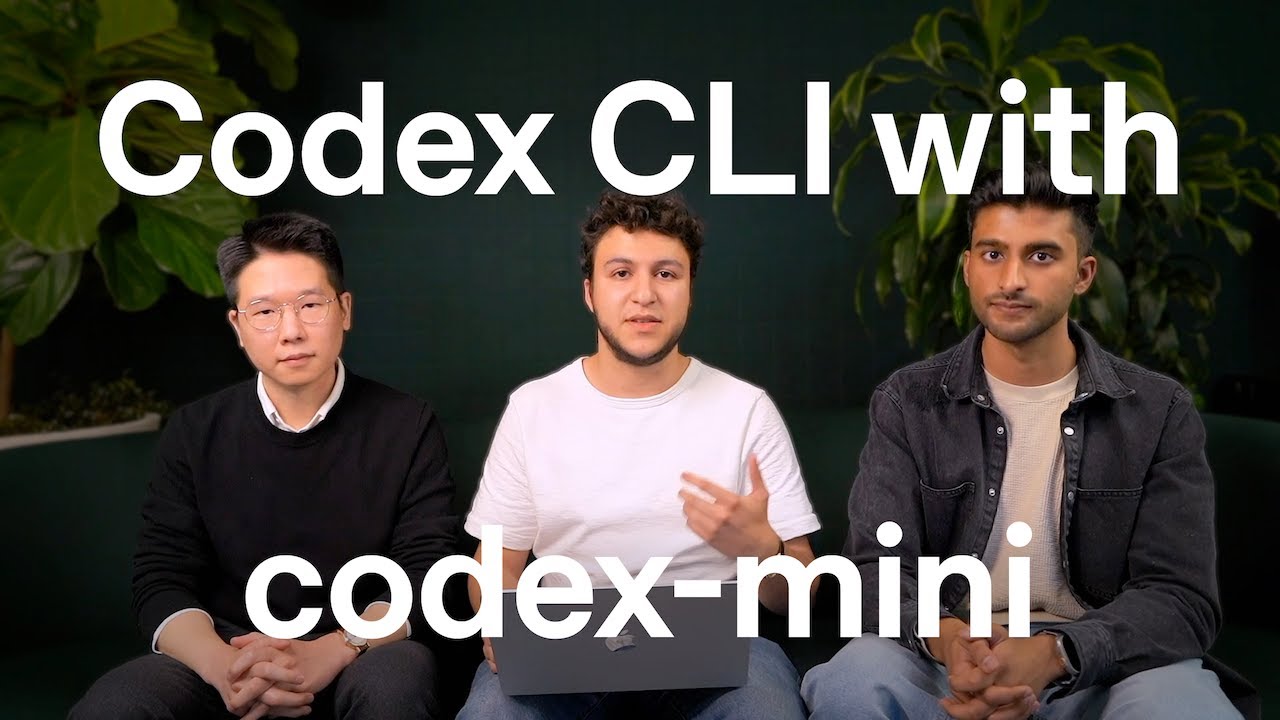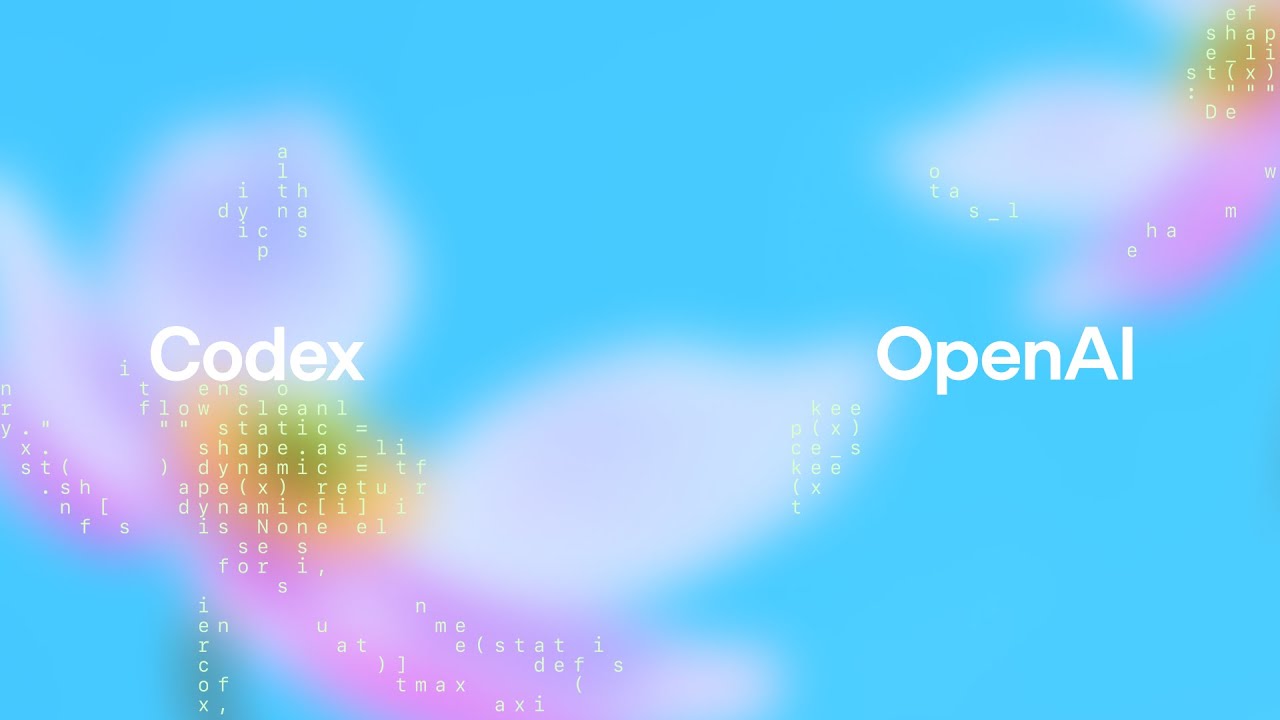
Software engineering is undergoing a radical transformation, led by the advancements in AI-powered tools. Recently, OpenAI introduced a groundbreaking innovation called Codex, integrated within ChatGPT, which promises to change the way developers write, review, and maintain code. In this blog post, we explore the research preview of Codex in ChatGPT, showcasing its capabilities as a remote software agent that can run multiple tasks in parallel, significantly accelerating software development workflows.
Introducing Codex: The Future of AI-Powered Coding
Codex, first announced in 2021, was OpenAI’s initial venture into AI-assisted coding, demonstrating the power of AI to understand and generate code. The latest iteration, Codex One, is now embedded within ChatGPT for Pro, Enterprise, and Teams users. Codex acts as a robust software agent that operates remotely on OpenAI’s compute infrastructure, handling numerous coding tasks simultaneously while integrating seamlessly with users’ code repositories and development environments.
How Codex Works: Parallel Task Management and Intelligent Automation
Codex runs on cloud infrastructure, allowing developers to fire off multiple coding tasks that run asynchronously and in parallel. It can analyze a large codebase, identify bugs, fix them, suggest improvements, and even generate new test scripts—all autonomously. This system leverages powerful reinforcement learning techniques to write, run, and verify code quality and adherence to style guides, making it a reliable and efficient AI-powered co-orker.
Practical Use Cases and Demo Highlights
The demo showcased how Codex connects with a user’s GitHub repository to perform various tasks such as explaining the codebase structure, finding and fixing bugs, and proactively suggesting new tasks that improve code maintainability. It even fixes typos, corrects variable spelling, and aligns configuration settings within the code, all without manual intervention.
One impressive highlight was Codex’s ability to reproduce errors and run automated tests to verify that the fixes work correctly. It can also format code, run linter checks, and generate detailed commit messages, which are crucial for code review and collaboration.
Alignment and Trustworthiness in AI-Driven Code Management
OpenAI has put significant effort into aligning Codex’s outputs with developers’ expectations by prioritizing code quality, interpretability, and verifiable results. It provides model-generated summaries explaining changes made, sources referenced, and test outcomes, enhancing transparency and trust.
This verifiability is a game changer as it enables developers to confidently integrate AI-generated code changes, streamlining code reviews and accelerating development cycles.
Future of Software Engineering with Codex
Codex represents a step towards a future where software engineers collaborate with intelligent AI co-workers that can operate both synchronously on local machines and asynchronously in the cloud. This dual system aims to provide seamless, scalable assistance for coding tasks, thereby multiplying productivity and fostering innovation.
The system can serve as an intern, mentor, and pair programmer simultaneously, enabling developers to delegate mundane tasks and focus on higher-level problem solving. OpenAI plans to continue refining Codex, expanding its integration with development tools, issue trackers, and continuous integration pipelines.
Recommended Tools and Resources
- Code Editors: Visual Studio Code, JetBrains IDEs – for writing and testing code alongside Codex assistance.
- Version Control: GitHub – seamless integration with Codex allows for automated code commits and pull requests.
- Linters and Formatters: ESLint, Prettier – improve code quality that Codex can validate and apply automatically.
- OpenAI Codex Documentation: Explore detailed guides and API references to leverage Codex capabilities.
Related Articles from AI Able
- Ultimate RAG MCP Server for AI Coding
- ChatGPT Multiple Voices Overview
- AI Job Opportunities and Future Trends
Conclusion
Codex in ChatGPT ushers in a new era of software engineering, where AI not only assists but actively contributes to the development process by understanding, writing, testing, and verifying code. This research preview highlights OpenAI’s vision of scalable AI agents that can multiply engineering productivity and empower developers worldwide.
As the technology evolves, we anticipate even deeper integration into development workflows, making coding faster, less error-prone, and more innovative. Stay tuned to AI Able for more updates and practical guides on leveraging AI in software development.
